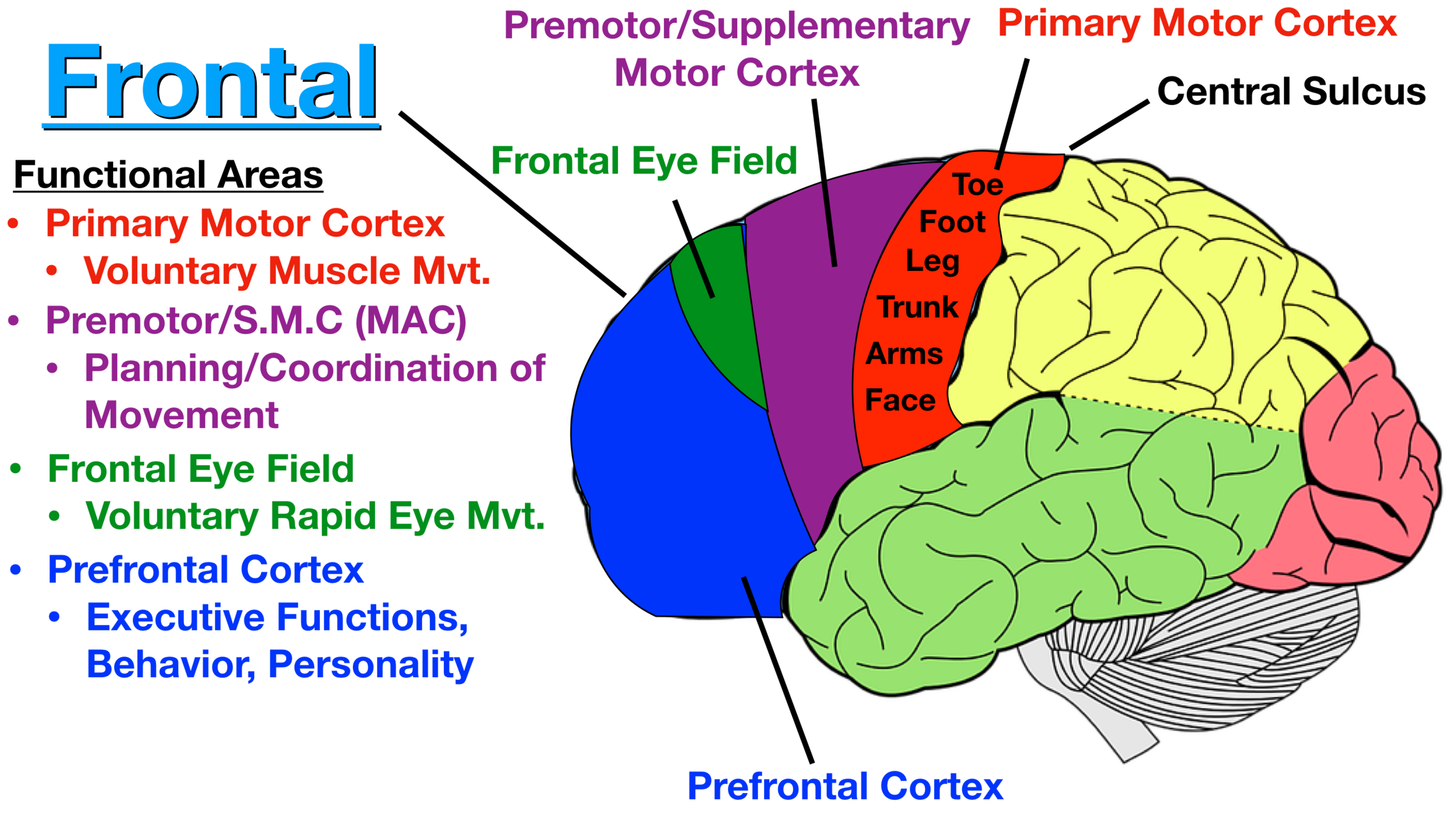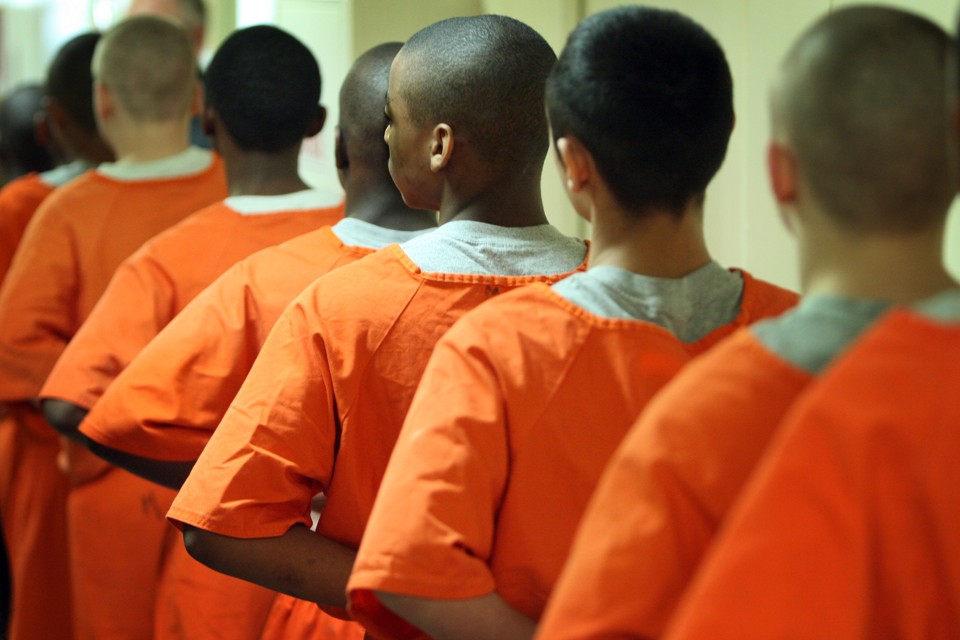In the eyes of society, a 17-year-old is considered a minor. As a result, individuals at this age are unable to partake in certain activities such as voting, signing contracts, renting property, or purchasing alcohol or tobacco products. Despite these restrictions, 17-year-olds can be tried as an adult for any criminal offense in a Louisiana court of law. This change was brought about by Senate Bill 3, which went into effect on April 19, 2024, as part of Louisiana Governor Jeff Landry’s “tough-on-crime” campaign. This bill overturned the previously established Raise the Age law passed by former Governor John Bel Edwards. This new legislation allows 17-year-olds to be tried and treated as adults within the Louisiana criminal justice system, also allowing them to be imprisoned in the same facilities of adult offenders.
Governor Landry made a statement on social media regarding the new bill. He asserted, “Today marks the start to a new justice system here in Louisiana. No more will 17-year-olds who commit home invasion, carjack, and job the great people of our State be treated as children in court. These are criminals and today, they will finally be treated as such.”
In his post, the governor specifically focuses on serious crimes, but it is important to note that this bill also applies to nonviolent crimes such as shoplifting. These crimes will be recorded on offenders’ criminal records and be made accessible to the public. This can impact their prospects at finding employment; and, according to the study, Impacts of Crime on Socio-Economic Development, “Individuals with a low socio-economic status are more likely to be lured into criminal activity.”
The passing of Senate Bill 3 raises the important question: Is it fair to try a 17-year-old as an adult? In 2012, the landmark court case Miller v Alabama ruled that it is unconstitutional to impose a mandatory life sentence without parole for juvenile offenders.

Frontal Lobe
This decision was supported by neuroscientific evidence indicating that adolescents’ prefrontal cortex, the brain structure central to decision-making and impulse-control, is not yet fully developed— thus indicating that juveniles should not be held to the same accountability as adults. Governor Landry’s new bill overturns this crucial progress made for juvenile criminal justice in the past decade.
Along with the prefrontal cortex, another development that undergoes a critical formative period during adolescence is the phenomenon of “psychosocial maturity”— a point in an individual’s life when one is capable of making responsible choices and maintaining a state of autonomy. The successful development of one’s psychosocial maturity is crucial for the avoidance of future criminal behavior and resistance to potentially harmful peer pressure. However, the incidence of sentencing juveniles as adults harshly delays this critical maturation period.
The time before the attainment of psychosocial maturity is marked by extreme instability as an individual strives to form an independent identity by turning to the biggest influences in one’s life: family and peers. When a juvenile is incarcerated and taken away from one’s family and peers, who else is left to model behavior from but the adult criminals that they are housed with? Adolescents during this vulnerable stage often fall prey to dangerous behavior like “substance abuse” and “gang participation” as a result of conforming to peer pressure under conventional circumstances, but these risks are exacerbated when that is all an incarcerated adolescent is exposed to. In opposition to legislation allowing juveniles to be housed with adult offenders, law enforcement officers argued in the Washington Post, “lock up a 13-year-old with murderers, rapists, and robbers, and guess what he’ll want to be when he grows up?”

Incarcerated Juveniles
The practice of charging juveniles as adults and thereby sentencing them to be incarcerated alongside their grown counterparts is inherently counterproductive to stopping crime rates, evidenced by the fact that juveniles in adult prisons are 34% more likely to be rearrested than if they were in juvenile facilities. If Governor Landry’s goal is to lessen our crime rates and stop recidivism, then he should rethink the efficiency of the harmful laws he has passed in his most recent “Crime Session”. We should all do our part by spreading awareness of these unjust laws in order to create a less ignorant and safer Louisiana.
For more information about Governor Landry’s “Crime Session”, visit VOTE’s website here.
This piece is part of an on-going series from professor Betsy Weiss’s Young Public Scholars Pre-College class, “Punishment and Redemption in the Prison Industrial Complex,” which is taught at Tulane University.
 NOLAbeings
Multimedia artist Claire Bangser created NOLAbeings as a portrait-based story project that marries...
NOLAbeings
Multimedia artist Claire Bangser created NOLAbeings as a portrait-based story project that marries...
 Data corner: Adobe Suite (create a PDF, social media graphic, presentation, edit a photo and video
Data corner is where you go to work with analytics and top tech skills. It takes on everything from PERL and SQL to Canva and Sprout Social.
Data corner: Adobe Suite (create a PDF, social media graphic, presentation, edit a photo and video
Data corner is where you go to work with analytics and top tech skills. It takes on everything from PERL and SQL to Canva and Sprout Social.

Treating 17-year-olds as adults in the justice system ignores science, stifles rehabilitation, and risks greater harm to both youth and society. We need justice that reforms—not just punishes. band